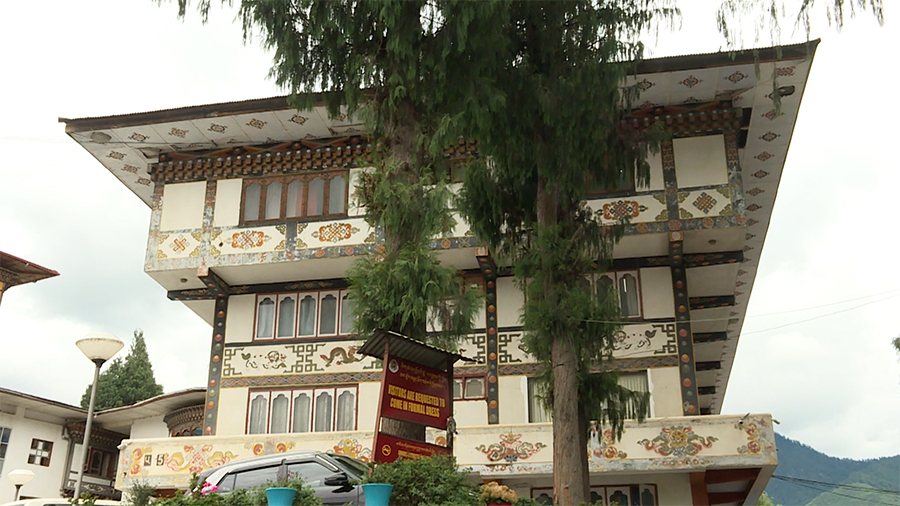
As local leaders push for compensation for households affected by farm road construction, the Infrastructure and Transport Ministry is revisiting the Farm Road Guidelines 2019. The revision aims to clarify ownership issues and set minimum technical standards for the construction and maintenance of farm roads.
The Farm Road Guideline was revised in 2003, 2009, and 2019. According to the Infrastructure and Transport Ministry, the Department of Surface Transport, recognised as the National Road Authority, will set technical standards regardless of who is responsible for the construction and maintenance of farm roads.
“The minimum technical standards for budget, material, and expertise should be maintained in farm road construction. The revision is also being made to chart a clear coordination mechanism among gewogs, districts, and the central government,” said Ugyen Norbu, officiating head at the Transport Planning and Development Division, DoST.
Meanwhile, local leaders called for clarity in ownership, compensation, and taxation for households affected by farm road construction.
“One of the restrictions in the farm road guidelines is the distance kept for the right of way, which is 20 feet. Additionally, if we need to cut down trees within that area, there are restrictions. Hereafter, if the authority is given to the gewog administration, we will be fully responsible for farm roads. It will benefit us and make our work easier,” said Beda Moni Chamlagai, chairperson of Dzongkhag Tshogdu, Tsirang.
“It has been decades since farm roads were constructed, but the land registration certificates are still with the landowners. Now, given that ownership is still with the people, it is inconvenient for the gewog and district administrations or transport department to carry out maintenance and monitoring,” said Dechen Wangdi, Toedtsho Gup, Trashi Yangtse.
“It would be better if the revision allowed for land substitution if a farm road goes through private land,” said Gado, chairperson of Dzongkhag Tshogdu, Thimphu.
“In places where there are no farm roads and land tax are levied, people say they cannot cultivate their land without a farm road. With the new tax system, uncultivated land is taxed 100 per cent, while cultivated land is given a 50 per cent concession,” said Jamyang, Samkhar Gup, Trashigang.
“If a farm road with three or four turns goes through an acre of land owned by the same person, it is not fair for them to lose 50 to 70 decimals of their land to farm road construction,” said Yenten Dorji, Martshala Gup, Samdrup Jongkhar.
Some local leaders also said that it is important to connect farm roads to areas where cash crops like potatoes, cardamom, and orchards are grown.
The ministry will conduct consultation and advocacy meetings for the revised guidelines with gewog and district administrations.
It also plans to complete the consultations in two and a half months and submit the revised Farm Road Guidelines to the Cabinet for approval.
Currently, there are over 11,000 kilometres of farm roads in the country.
Tashi Chezom
Edited by Sherub Dorji












